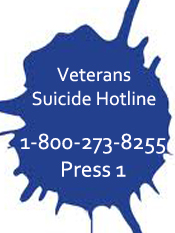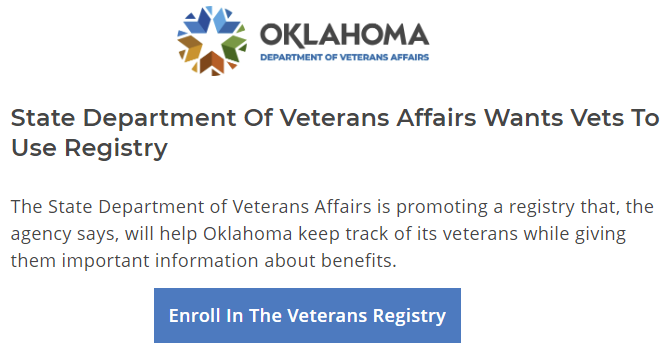The new eligibility criteria will be a major improvement over existing criteria in terms of making things simpler: currently, eligibility criteria vary between VA’s community care programs. When the new criteria go into effect, Veterans can expect better access and greater choice in their health care, whether at VA or through a community provider.
The eligibility criteria are projected to go into effect in June 2019 after final regulations are published and ffective, so the criteria are not yet final. In addition, key aspects of community care eligibility include the following:
- Veterans must receive approval from VA prior to obtaining care from a community provider in most circumstances.
- Veterans must either be enrolled in VA health care or be eligible for VA care without needing to enroll to be eligible for community care.
- Eligibility for community care will continue to be dependent upon a Veteran’s individual health care needs or circumstances.
- VA staff members generally make all eligibility determinations.
- Veterans will usually have the option to receive care at a VA medical facility regardless of their eligibility for community care.
- Meeting any one of six eligibility criteria listed below is sufficient to be referred to a community provider—a Veteran does not have to meet all of them to be eligible. (Real-world examples of when a Veteran would be eligible for community care are included in the eligibility fact sheet linked at the end of the article).
Eligibility criteria
Veteran Needs a Service Not Available at a VA Medical Facility
Eligibility Criteria
Veteran Lives in a U.S. State or Territory Without a Full-Service VA Medical Facility
VA Cannot Furnish Care within Certain Designated Access Standards
Veteran Qualifies under the “Grandfather” Provision Related to Distance Eligibility for the Veterans Choice Program
It Is in the Veteran’s Best Medical Interest
A VA Medical Service Line Does Not Meet Certain Quality Standards




